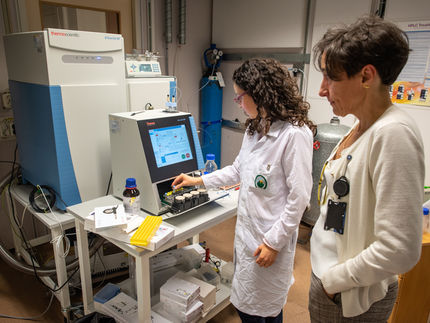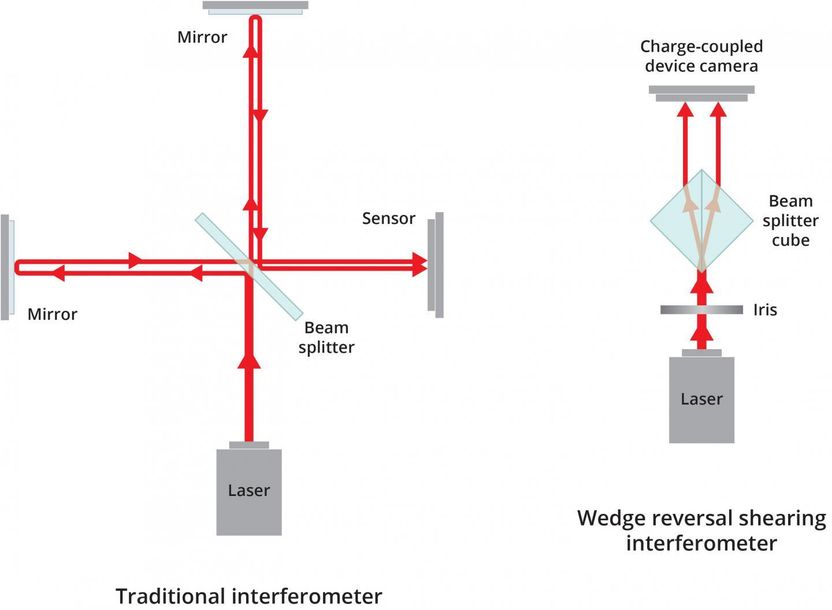Better animal-free test for chemicals that can cause contact dermatitis
Scientists are reporting development of a fast, simple, inexpensive method for determining whether chemicals in consumer products and workplaces may cause skin allergies in people -- a method that does not involve use of animals. Their study appears in ACS' Chemical Research in toxicology.
Itai Chipinda and his colleagues note the existence of public sentiment against the use of animals to determine whether ingredients in consumer soaps, shampoos and other consumer products, and workplace chemicals, may cause skin sensitization and contact dermatitis. Chemicals cause dermatitis by bonding to proteins in the skin, and then aggravating the immune system so that redness, irritation, itching, and other symptoms occur. Existing chemical tests use substances like glutathione that mimic skin proteins and bond to allergy-causing ingredients. None, however, are suitable for use in detecting the critical early stages of skin sensitization, the scientists say.
Instead of glutathione, Chipinda and his team developed a test with nitrobenzenethiol as the skin protein surrogate. When used on 20 different chemicals known to cause skin irritation, the test produced positive results. It produced negative results when used to test substances that usually do not produce skin sensitization. "This simple, rapid and inexpensive absorbance-based method has great potential for use as a preliminary screening tool for skin allergens," the report states.
Organizations
Other news from the department science
These products might interest you

Kjel- / Dist Line by Büchi
Kjel- and Dist Line - steam distillation and Kjeldahl applications
Maximum accuracy and performance for your steam distillation and Kjeldahl applications

AZURA Purifier + LH 2.1 by KNAUER
Preparative Liquid Chromatography - New platform for more throughput
Save time and improve reproducibility during purification

Get the analytics and lab tech industry in your inbox
By submitting this form you agree that LUMITOS AG will send you the newsletter(s) selected above by email. Your data will not be passed on to third parties. Your data will be stored and processed in accordance with our data protection regulations. LUMITOS may contact you by email for the purpose of advertising or market and opinion surveys. You can revoke your consent at any time without giving reasons to LUMITOS AG, Ernst-Augustin-Str. 2, 12489 Berlin, Germany or by e-mail at revoke@lumitos.com with effect for the future. In addition, each email contains a link to unsubscribe from the corresponding newsletter.






















































